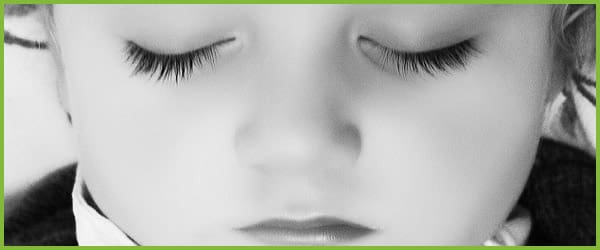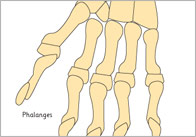Sleep & Sleep Problems in the Early Years (part 1)
Sleep and sleep related problems are foremost in my mind at the moment, not least because I have just attended a training workshop run by Scope, on Sleep Solutions in Daventry, Northamptonshire and coincidentally, have seen the freshly-released report by the Autonomous University of Barcelona that examines the link between sleep and a child’s intellectual development, but also because there is a high correlation between sleep difficulties and special educational needs. Many parents I see in the course of my work, have problems with their child’s sleeping habits.
Sleep is important to us all. During sleep –
• Growth hormones are released
• The immune system strengthens, helping your child’s body to fight off illness
• The brain makes sense of the day’s events
• Memory and concentration functions are increased
• Our bodies gain rest
• Emotional well-being is restored.
The report from Barcelona found that a lack of sleep damaged core skills needed for learning and suggested that ‘parents should be taught about the importance of sleep for their child’s well-being.’ (BBC Education & Family site). Children of school age receiving less than nine hours sleep per night will have their capacity to learn impaired. ‘Memory, learning and motivation’ were all disrupted by a lack of sleep or the lack of a regular bedtime routine.
A similar report by the University of Michigan in the United States found a link between school bullies and aggressive pupils and sleep deprivation or sleep disorders. Over-tired pupils do not have the ‘emotional regulation necessary to control aggression.’
This report’s connections between sleep deprivation and aggression is interesting and we may think, self-evident, given how much we relate early morning grumpiness to a lack of sleep. But are any of us aware of how long-term the impact of poor sleeping habits may be? What we may think can be resolved by a good night’s sleep the next day, may not so easily be rectified as poor habits set in and create a cyclical pattern of sleep deprivation, poor behaviour, hyper-activity and tension before bedtime, followed by yet more nights of disturbed sleep.
For many parents of babies and young children, sleep and getting enough sleep, is a major, on-going problem. The baby or toddler who refuses to sleep, impacts on the sleep habits of the rest of the household. There is nothing so much that divides a family as lack of sleep.
Click here to read part 2 of this article.
Heather Stack is a SEN consultant and director of learning Services (SEN) Ltd. She offers a range of consultancy and training services for schools and other organisations. You can get in touch with her via LinkdIn or the learning services website.
Popular Teaching Resources
Stay Up To Date
Sign up for our newsletter and we’ll let you know when we create new early years resources.






